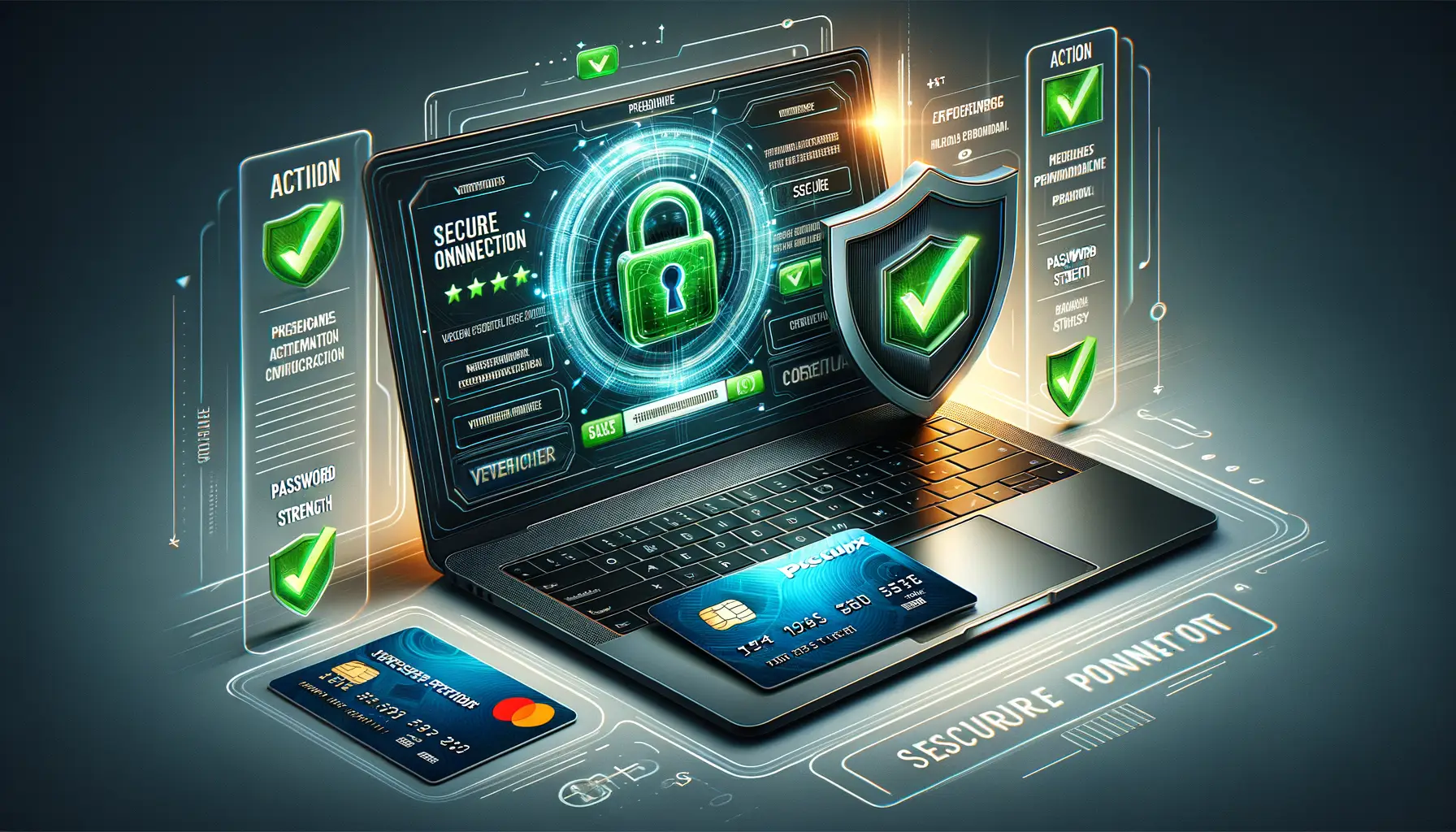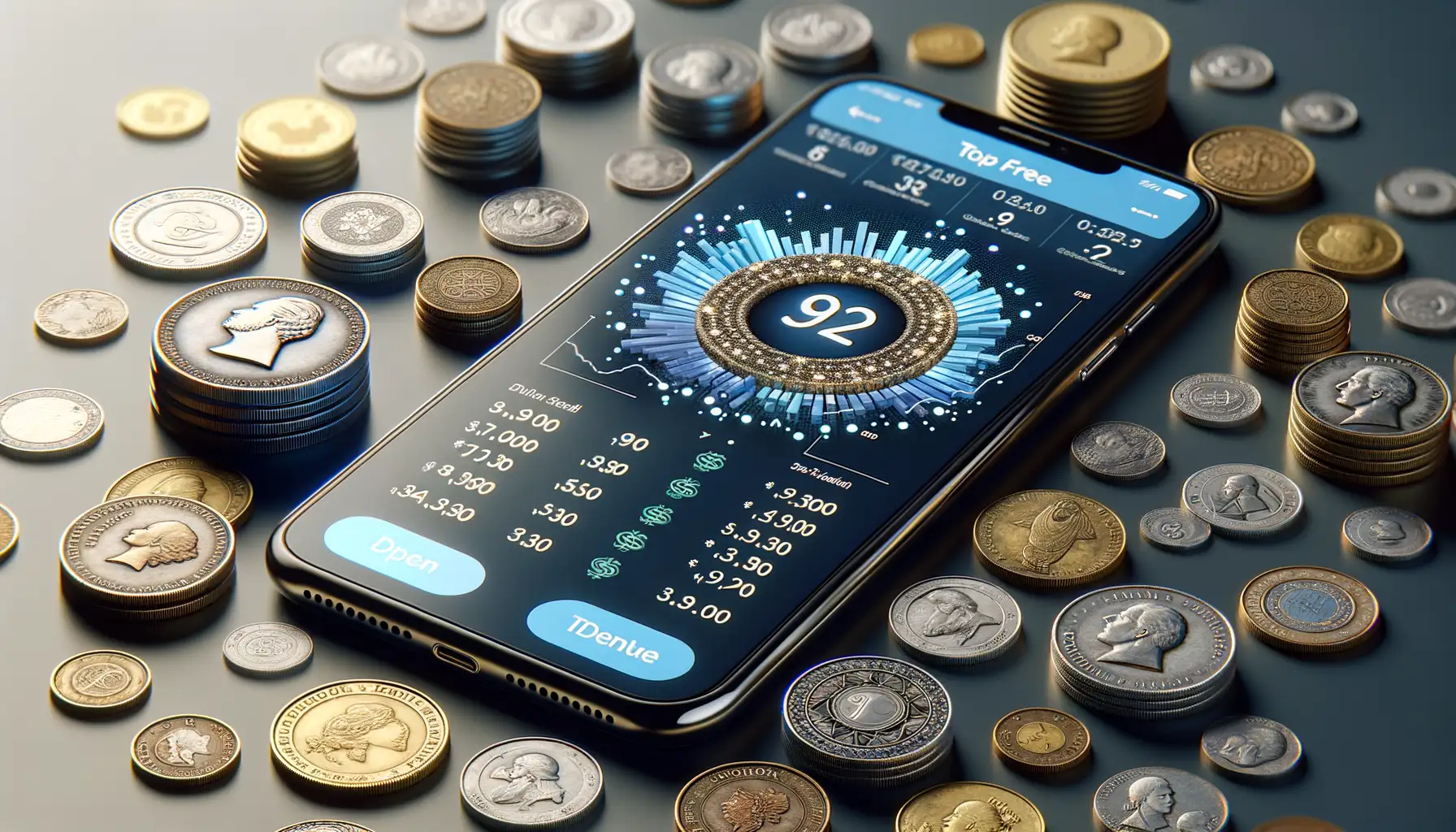Understanding the Risks of Online Coin Purchases
The Hidden Hazards Lurking in Online Coin Shopping
Imagine spotting a rare coin online—the shining crown jewel your collection has been waiting for. Your heart races as you envision it in your display. But wait—have you considered what could go wrong? The world of online coin purchasing can be riddled with potential pitfalls, and ignoring the risks may leave you clutching regret instead of treasure.
One major danger is counterfeit coins. Even seasoned collectors have fallen victim to well-crafted fakes. Sellers might use convincing photos and elaborate descriptions, only for the buyer to receive something no more valuable than a shiny bottle cap. Other risks include inflated prices, where unscrupulous dealers prey on your eagerness, or even outright scams where your money vanishes into thin air, leaving your inbox filled with silence.
For the numismatist who values their hard-earned collection, there’s another layer of concern: data theft. Imagine entrusting someone with your payment info, only to find your bank account drained faster than you saw it coming. And let’s not forget improper packaging—many a coin has arrived scratched or battered because a seller treated it like a cheap trinket instead of a priceless gem.
- Counterfeit coins masquerading as the real deal
- Sellers inflating prices beyond fair market value
- Receiving damaged items due to poor shipping practices
- Risk of stolen financial or personal data
In the dizzying rush of clicking “buy now,” it’s easy to overlook these dangers. But understanding the risks could be the difference between a prized rarity and becoming another victim’s cautionary tale.
Essential Tips for Secure Online Purchasing

Stay Smart, Stay Secure
Shopping for that elusive coin to complete your collection? It can feel like a hunt for treasure. But just like you’d check the map twice when hunting for gold, you need to ensure your online purchasing habits are rock solid. Start by examining the basics: Is the website secure? Look for that trusty lock icon next to the URL and make sure it starts with https://. No lock? No deal.
Be mindful of what you’re sharing. Legitimate platforms never ask for sensitive details like your social security number or personal banking PIN. If they do, that’s a red flag waving brighter than a freshly minted penny!
Practical Steps for Every Collector
Here are some quick, actionable tips to protect your wallet and your growing collection:
- Use a credit card, not a debit card. Credit cards often come with stronger fraud protections.
- Keep receipts and transaction confirmations—they’re your digital breadcrumbs in case things go awry.
- Research the seller. A few minutes of detective work can prevent days of headaches.
Treat every purchase like you’re about to buy a rare coin. Caution, patience, and a little due diligence go a long way.
Recognizing Reputable Sellers and Platforms

Spotting Trustworthy Dealers: The Hallmarks of Confidence
Shopping for coins online can feel like navigating a treasure map—exciting, but fraught with hidden traps. How do you know if a seller is the real deal or just spinning tales of gold? Let’s break it down.
First, get acquainted with their reputation. A legitimate seller thrives on reviews and repeat buyers. Scour platforms like eBay, forums, or even Google Reviews for feedback. Are others singing their praises, or are there cautionary tales about late shipments, counterfeit issues, or downright ghosting?
Next, inspect their online “shopfront.” Reputable platforms like Heritage Auctions, CoinWeek Marketplace, or APMEX don’t just slap up listings; they invest in professional-grade photos and detailed descriptions. If a coin’s story is limited to “Rare, Buy Now!”, take a big step back.
- Red flag: Sellers refusing to verify authenticity or avoiding questions.
- Gold star: Willingness to provide certificates of grading or proof of provenance.
And here’s the pirate-proof secret: don’t be swayed by prices that sound too good to be true—they usually are. Remember, trust is your most valuable currency.
Utilizing Technology to Protect Your Transactions

Smart Tools for Stress-Free Purchases
When it comes to protecting your hard-won treasures — from that rare 1849 Liberty Head Gold Dollar to a beautifully preserved Roman denarius — technology is your modern-day shield. Imagine having a digital bodyguard watching over every transaction. Sounds reassuring, right? Well, it’s possible with the right tools.
Here’s what should be in your arsenal:
- Two-Factor Authentication (2FA): This acts like double-locking your doors. Even if someone guesses your password (unthinkable, but hey, it happens!), they’d still need that unique code sent only to you.
- Virtual Private Networks (VPNs): Shopping for coins on public Wi-Fi? Without a VPN, it’s like shouting your credit card details across a crowded room. A VPN encrypts that info, muting the risks entirely.
Why Encryption Is Your Digital Vault
Picture this: you’re mailing off a package containing a valuable coin. Would you just drop it in any flimsy envelope? No way! The same logic applies online. Encryption works like a sealed vault for your sensitive data, scrambling it so no prying eyes can understand a thing. Always ensure websites use SSL certificates, recognizable by “https” in the web address and that comforting little padlock icon.
Trust me, these steps help keep cyber bandits far away from your prized collections.
Steps to Take if You Encounter Fraud

Act Quickly: Your Roadmap to Responding
If you’ve fallen victim to a fraudulent online coin purchase, don’t panic—this isn’t the end of your numismatic journey. Think of this as a fork in the road, not a dead end. The first step? Time is your ally. Fraud thrives when victims delay action.
Here’s how you can take control:
- Document Everything: Screenshots are your best friend. Save any emails, chat logs, and transaction receipts. This paper trail could be the proof that turns the tide in your favor.
- Contact the Platform or Seller: Start by reaching out directly. Does the platform offer buyer protection? Check their dispute process—it might surprise you how often resolutions happen here.
- Notify Your Payment Provider: Whether it’s PayPal, a credit card, or another service, most payment platforms have fraud resolution teams. They’re trained for situations like this.
Escalate Without Hesitation
If the initial steps don’t resolve the issue, it’s time to bring in reinforcements. File a report with your local consumer protection agency or, if applicable, an organization like the Internet Crime Complaint Center (IC3). Think of these groups as your backup cavalry—they exist precisely to tackle digital fraud.
And remember, fellow collectors are part of your support system. Spread the word to forums like NumisMaster or coin-collecting communities so others stay vigilant. Fraud is bad enough; silence lets it breed.


